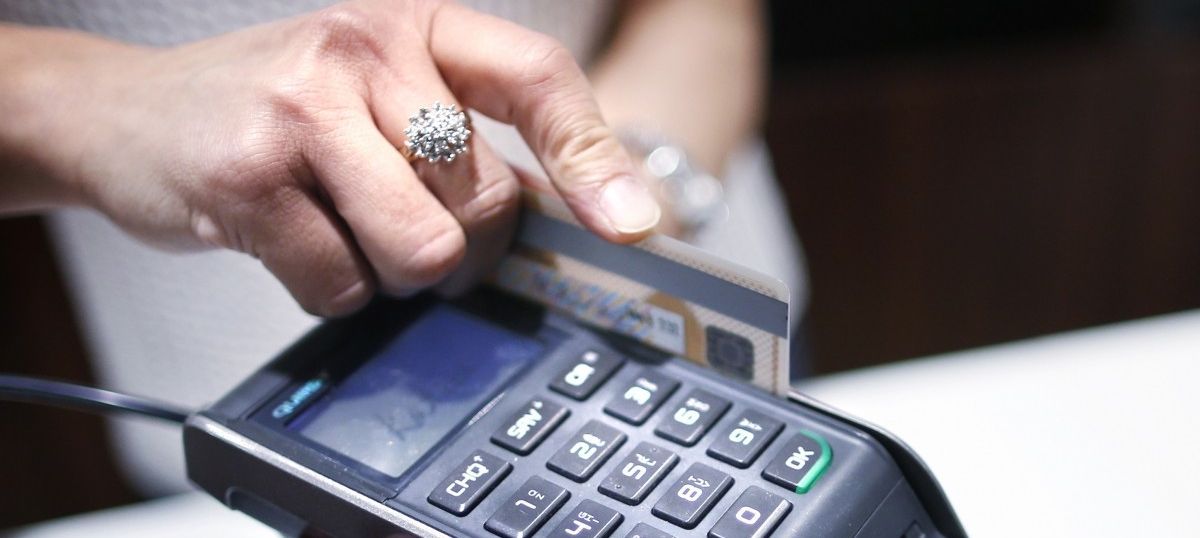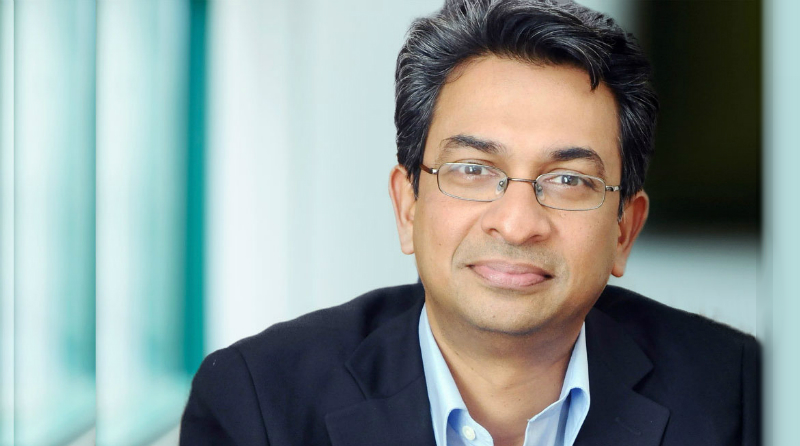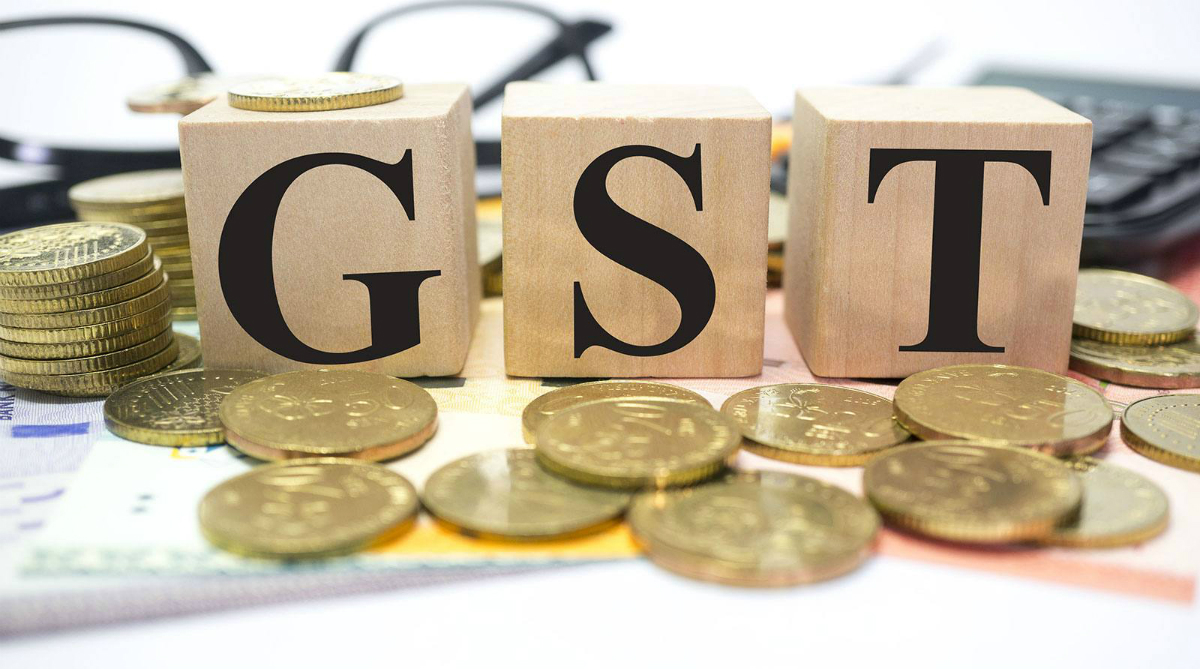By: Shailendra Naidu Somarouthu, CEO, Obopay
Introducing a few digital wallets and payment applications will not make the economy like India cashless. There is an imperative to create an ecosystem where all kinds of payments can be made digitally. Today, in India, e-commerce is heavily a cashless space, with most payments being made by cards and wallets, and few by cash-on-delivery transactions. But brick-and-mortar merchants are not there yet. Despite the presence of 28.4 lakh POS machines in India, some merchants are usually reluctant to use cards or wallet payments because that would cost them a margin of the transaction. Further, the value of card transactions (Rs. 457 Bn) significantly trails behind transactions through RTGS (Rs. 89,163 Bn), NEFT (Rs. 12,500 Bn), IMPS (Rs. 652 Bn) and Mobile Banking (Rs. 1,033 Bn) channels.
Large sections of the Indian economy have the potential to streamline supply chains and improve efficiency by digitizing their payments. The agricultural industry is a case in point. Smallholder farmers can benefit if payments for their production are made cashlessly. Both formal players (like cooperatives, NGOs and agribusinesses) and informal players (like middlemen) are a huge opportunity for mobile/digital payments platforms. As a further extension of digitizing the agricultural value chain, agricultural subsidies may be disbursed electronically by governments – a measure which is already being implemented in part by the Indian government by way of the Direct Benefit Transfer (DBT) model.
New age fin-techs which specialize in P2P lending, and digital banking, are seeing some customer momentum. Small finance banks and payments banks are trying to bring new demographics under the formal financial system and enabling cashless banking for the unbanked.
There are quite a few challenges inherent in the Indian ecosystem. One fundamental issue is the absence of reliable data connectivity. Numerous rural pockets do not have connectivity even to motivate a shopkeeper to use a POS machine.
There is also the issue of trust in new payment methods, especially private channels. There is usually the question of basic capability and functionality, and the concern about the security of the payment. To some extent, especially among the user segments of millennials and digital natives, these fears have been allayed by the boom in cashless payments in urban India in the past year.
Literacy rates and comfort with digital payment methods are other major challenges to be overcome in order to truly include the unbanked and the poor into contemporary financial systems.
Literacy rates and comfort with digital payment methods are other major challenges to be overcome in order to truly include the unbanked and the poor into contemporary financial systems. Weaker economic sections of society need access to money to be able to shift out of poverty, or, at least, to be able to withstand financial shocks and exigencies.
In the informal sector, businesses pay their suppliers, workers and buyers in cash. This is partly for the purpose of evading regulatory and tax obligations, and partly out of convenience. Many buyers find cash more convenient, especially when transacting with micro and small merchants. Businesses, like those in the construction sector, employ daily wage earners, for whom cash is the easiest way to get by with their daily lives.
Micropayments form a huge chunk of payments in India. Transactions at mom-and-pop stores, pushcart vendors and local markets are almost entirely around Rs. 2000 or below. Neither customers nor sellers want to substitute cash for another form of payment when it comes to microtransactions.
A lot of investment in technology is needed to truly facilitate an economy without cash. Data security is a huge concern in a country which may or may not is prepared for the technical infrastructure needs of a payments boom. Users’ personal data in the wrong hands poses risks of security and identity theft. Technology must be evolved enough to shield users against such risks. There also need to be robust channels of redressal for aggrieved users.
While there are huge opportunities for taking India to the cashless age, there are also several challenges that both businesses and policy-makers have to look into.





